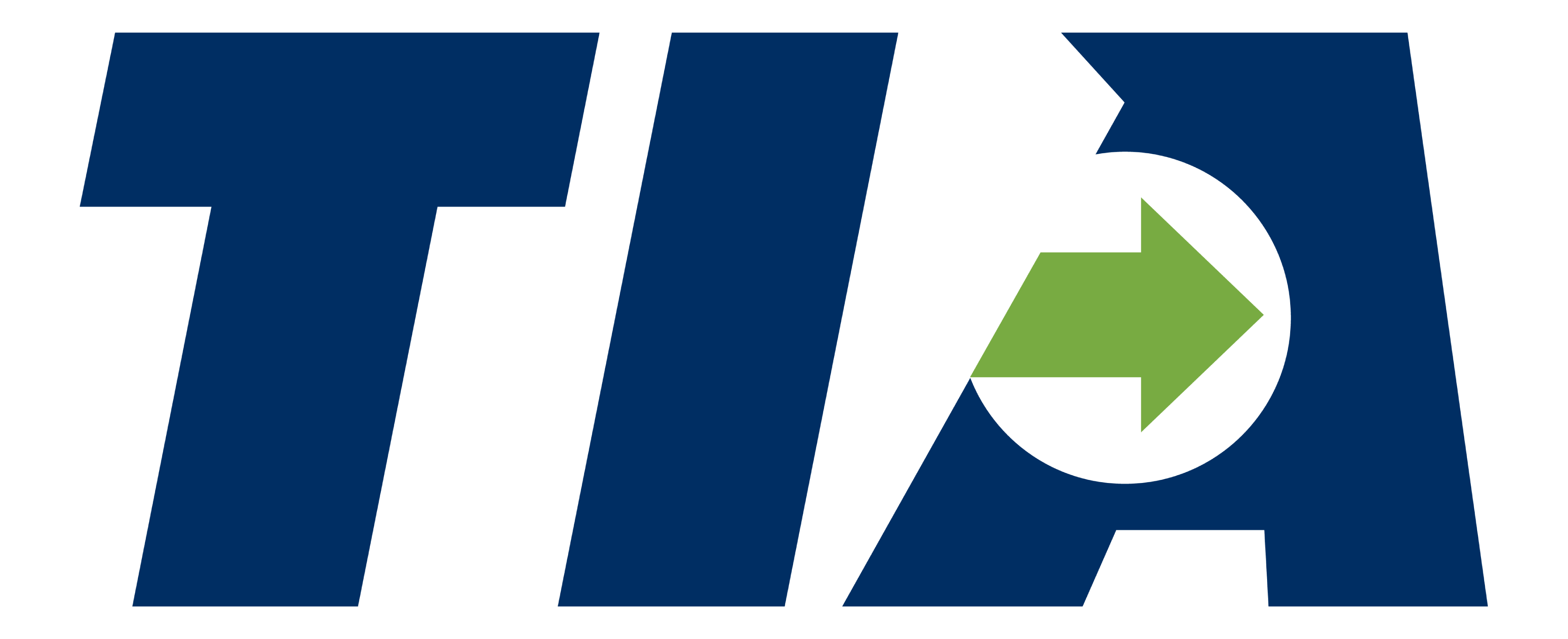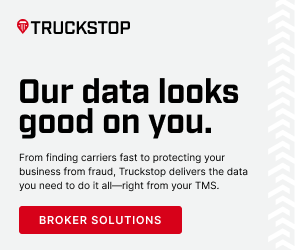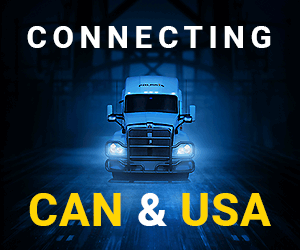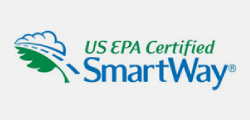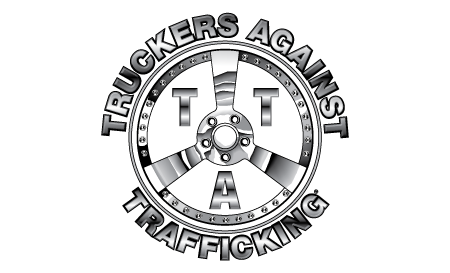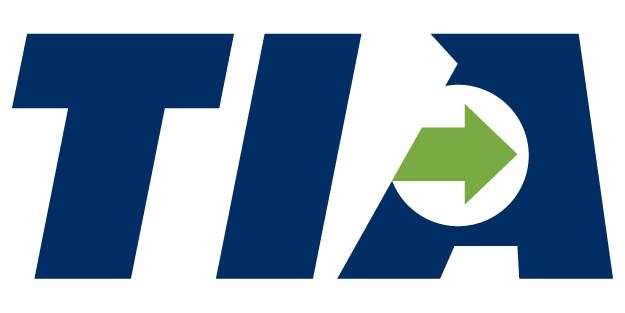Issue 113

FMCSA to Consider Rate Transparency this Summer?
The Federal Motor Carrier Safety Administration (FMCSA) plans – in the coming days/weeks – to consider a regulatory request from the Owner-Operator Independent Drivers Association (OOIDA) that would require broker-shipper pricing information to be electronically shared within 48 hours of a load’s delivery and would also bar brokers from using contractual language that waives the carriers’ rights to see rates. TIA opposes this regulatory action.
TIA is prepared to fight this rulemaking to the courts if need be. Private contract negotiations should be handled between the two participating parties, not a government agency whose existence and sole mission is based on making America’s highways safer.
Implementation of this rulemaking would be catastrophic and anti-competitive to the broker marketplace. Despite claims made by critics, rates are economically driven by the market, not manipulated as some owner-operators have suggested; it is an issue of supply and demand economics. In our opinion, in any competitive marketplace, no one is entitled to one’s proprietary information, which is why TIA petitioned the FMCSA to eliminate the existing regulation that this regulatory action builds upon. Unfortunately, our petition was denied, but we are looking at other alternative avenues to roll back the outdated regulation in question.
TIA will keep you updated as this issue further develops and will be providing direct advocacy action when the rule is published.
Tesla EV Charging Standardized
Tesla has made progress in dominating the electric vehicle (EV) charging industry as a top auto standards-making organization, SAE International, announced that it would standardize Tesla's North American Charging Standard (NACS). This move is expected to boost the adoption of Tesla's charging technology, especially as the government and private sector invest billions of dollars in expanding the charging infrastructure. While the rival Combined Charging System (CCS) had claimed to be the only standardized option, the standardization of NACS will provide certainty, choice, and convenience for manufacturers, suppliers, and consumers. The White House praised the standardization as it opens up the NACS connector to other suppliers, potentially expanding the size and reliability of the interoperable charging network.
Previously, Tesla's charging technology was exclusive to its own vehicles, but since opening up NACS to other companies, it has aimed to establish it as the preferred plug type over CCS. Major EV manufacturers and charging companies, including Ford, GM, Rivian, Volvo, and Charge point, have recently announced plans to adopt NACS, leading to a shift in the industry. This shift contradicts the Biden administration's previous requirement to use CCS on federally-funded chargers, potentially resulting in the installation of chargers that future EVs won't utilize. However, some states, such as Texas and Washington, still plan to require NACS on their federally-funded chargers.

Transportation Industry Requests Biden Retract DOL Pick
Confirmation of Julie Su as the Department of Labor (DOL) Secretary under President Joe Biden is highly unlikely, to the point where a trucking organization has urged the White House to withdraw her nomination. The Senate has not garnered enough votes for her confirmation, and the trucking industry has been vocal about its opposition to Su's nomination due to her involvement in California's AB 5 legislation as the state's labor commissioner and secretary for the California Labor and Workforce Development Agency.
The Owner-Operator Independent Drivers Association (OOIDA) recently sent a letter to President Biden, requesting the withdrawal of Su's nomination. OOIDA emphasized the need for a new nominee who not only prioritizes improving working conditions for employee drivers but also appreciates the advantages that independent contractor status has provided to owner-operators over the years.
The American Trucking Associations (ATA) and Truckload Carriers Association (TCA) have also expressed concerns about Su's involvement in AB 5 but have not yet called for the retraction of her nomination. TIA has the same concerns over Su’s support of AB 5 as a national blanket law would be detrimental to the industry.
Su has failed to acknowledge the issues with AB 5 and has not adequately addressed questions about her intentions and potential federal policies like those in California. These factors, along with her record, have contributed to the lack of support for her confirmation in Congress.
In her testimony, Su stated that she sees the role of DOL Secretary as an enforcer of rules rather than a rule-maker and clarified that she does not advocate for comparable legislation at the federal level. The above associations and numerous Members of Congress are skeptical of that claim.
Rather than allowing Su's nomination to remain in limbo in the Senate, industry stakeholders are pushing President Biden to find a more desirable candidate who has a track record of improving working conditions for employees and respects worker classifications whether that be an employee or independent contractor. They emphasized the importance of selecting a nominee who can earn bipartisan support from Senators to effectively lead the Department of Labor.
If you have any questions about this newsletter or TIA 2023
Policy Forum, please email [email protected]
TIA 1900 Duke Street STE 300 Alexandria, Virginia 22314 US
Want to change what emails you receive from us? Update your preferences.
